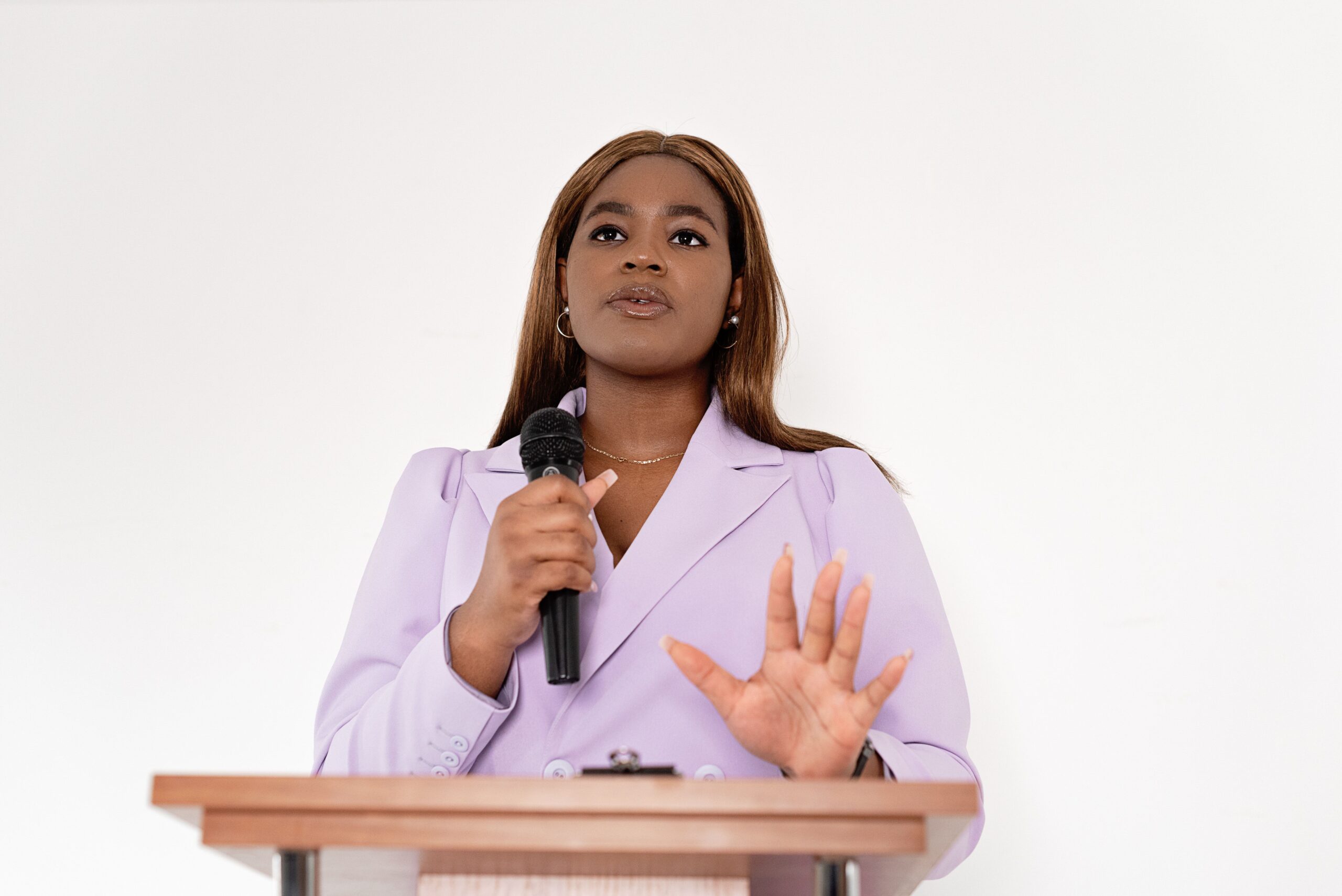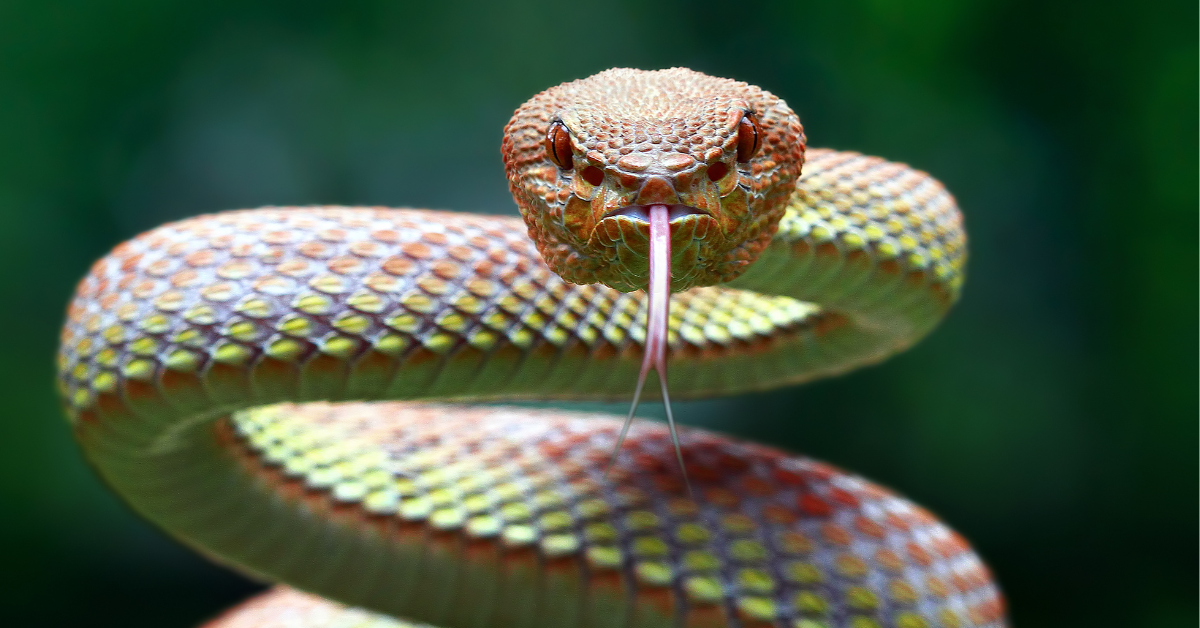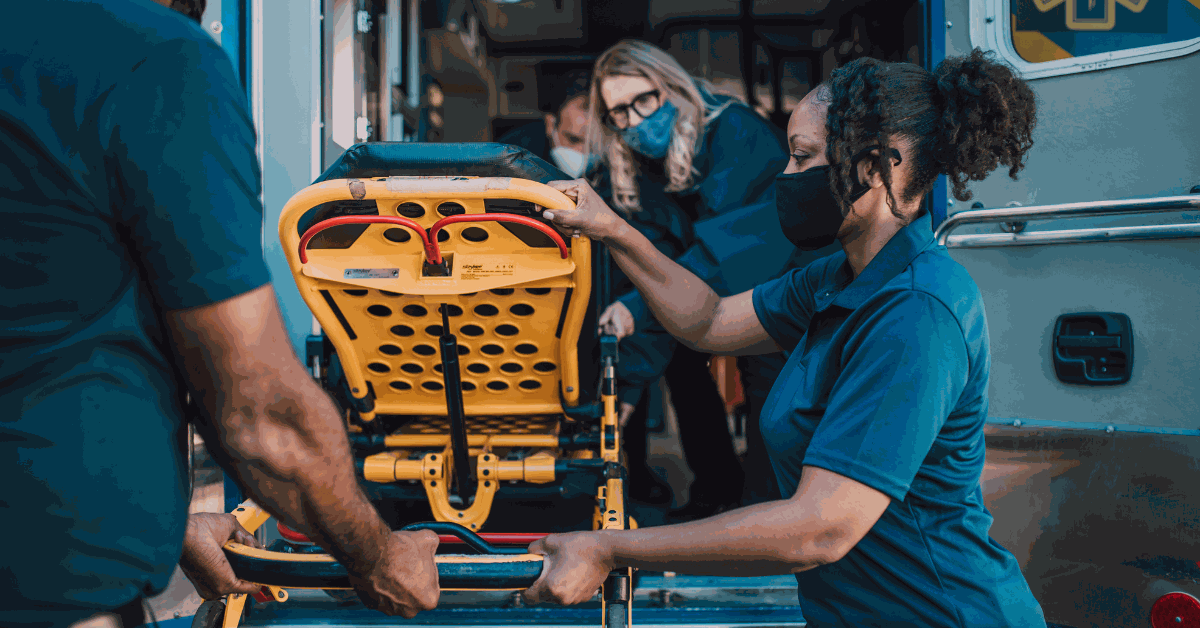In part one of this topic, we laid out the foundation of the significance of expert witness compensation and witness credibility from the standpoint of the defendant in a civil action and explained the three-dimensional theory of persuasiveness. In the final part, we take a deeper dive into the how jurors perceive and judge expert witness compensation as well as specific recommendations defense attorneys can take to enhance the perceived levels of expertise, objectivity, and communicativeness of expert witnesses.
The Effects of Knowledge of the Expert’s Compensation
An expert witness who is perceived by the jury as being a knowledgeable expert, whose opinions appear to be objective, and who is able to communicate with the jury, will probably not be negatively affected by disclosures of his or her compensation amount or the frequency of participating in litigation as an expert.
What is the effect on the jury as it learns about the handsome fees being paid to the witness for his or her testimony? Will the knowledge affect the jury’s view of the witness’s objectivity?
The issue of objectivity is closely related to the effects of high compensation. Yet, post-trial interviews of jurors indicated that learning about high compensation will not have a negative effect, so long as the perception of witness objectivity was previously well-established. In other words, the salience of high compensation is lessened if the witness has the skill to communicate an aura of objectivity to the jury. (The “salience of compensation” refers to the psychological weight, or importance, of the money paid to the witness in the mind of the juror.)
The salience of high compensation is diffused also by the perception of high expertise. This phenomenon may be explained by the tendency of jurors to look for an explanation/rationale for the high fees being paid to the expert. To the extent that high expertise is perceived – particularly as a function of education and experience – there is a “reasonable explanation” for high compensation. If the witness has a mediocre education and/or limited experience, however, high compensation requires a different presumed explanation – the witness has been “bought” by the defendant.
Next the salience – or psychological impact on the jury – of the compensation is affected by the degree to which jurors are interested in the substantive content of the testimony. Post-trial interviews reveal that often, at the beginning of the defense case-in-chief, many jurors are still “looking for a missing piece of the puzzle.” If the defense expert provides some or all of that piece, the high compensation is less of a concern to the jury.
To the extent that the jury had made up its mind that the plaintiff should win, it will listen less to the substantive input of the defense expert witness and more the amount of money he or she has been paid. In such circumstances, compensation becomes salient because jurors are looking for a way to discount the witness’s testimony rather than embrace the difficult psychological task of changing their minds.
The salience of high compensation is decreased when jurors are “educated” about the specific details involved in the utilization of an expert witness. Unfortunately, many jurors believe that an expert witness is someone who merely pontificates without having to do any real “homework.” When the jury is encouraged to understand the actual process involved in preparing for testimony – in particular, the amount of work involved in the application of a rigorous scientific investigation – it becomes more reasonable to assume that this could not feasibly be done without due compensation. The more difficult the work involved, the easier it is to psychologically “explain” high hourly compensation without inferring a loss of objectivity on the part of the witness. Within the framework, this process of education concerning the amount of homework done by the expert increases perceived diligence, which thereby increases perceived expertise and lowers the psychological importance of high compensation.
Thus, to the extent that perceptions of expertise, objectivity, and communicativeness are low, the salience of compensation received, and frequency of testifying is increased. The higher the compensation and the lower the expertise, the more conspicuous is the compensation. Similarly, the lower the perceived objectivity, the more compensation is used to “explain” the content of the testimony. Also, if the expert is not a very good communicator, the jury will attend less to the substance of the testimony and more to the superficial aspects of the witness, such as compensation and frequency of testimony in other litigation.
The interaction between salience of the compensation and the three dimensions of witness credibility forms the basis of the following strategic recommendations. As long as the compensation is “reasonable,” i.e. in accordance with the amount that someone could earn (or better yet actually earns) elsewhere on a consulting basis, the only significant consideration is whether the witness possesses the necessary skills to be perceived as expert, objective, and communicative. If these three levels are not sufficiently high, the witness will be detrimental to the defendant’s case irrespective of compensation. If they are sufficiently high, the witness will be helpful despite compensation.
Specific Recommendations
The following are steps that the defense attorney can take to enhance the perceived levels of expertise, objectivity, and communicativeness of expert witnesses.
• Use expert witnesses who have gained their expertise working for an adversarial party, or in the case of product disputes, a competing or uninvolved defendant. For example, if Union Carbide is being sued, obtain an expert from Monsanto or Dow.
• When possible, make a point of informing the jury that a given witness has testified for plaintiffs as well as defendants. It is even better if the witness has, at some point in the past, testified against the defendant.
• Have the witness say that he investigates a case and offers an opinion, and that sometimes the defendant chooses not to have him testify after the investigation. Witnesses in product liability litigation sometimes indicate that they have investigated an incident and have concluded that they could not help their client on some occasions. This practice helps to establish the independence of the opinion.
• Establish during the plaintiff’s case-in-chief that all expert witnesses are paid witnesses. However, because defense witnesses are typically paid more, do not emphasize the hourly rate. Once the jury accepts the concept of paid testimony, it becomes less shocking when they learn about the amounts paid to defense witnesses.
• For repeating or serial litigation, increase the pool of available expert witnesses to be used by the defendant. While extensive utilization of a witness does not diminish credibility per se, there is concern with “overextending” witnesses to the point that they cannot be completely thorough (diligent) in preparation for a given case.
• It is possible to enhance the expertise of new expert witnesses or even seasoned veterans by insisting on thorough investigations – again, diligence must be demonstrated to the jury.
• Likewise, it is possible to enhance the communicativeness of a witness by improving the way he or she uses demonstrative materials – there is always room for creative, innovative approaches, e.g., animations.
• The defendant needs to insist that trial counsel be brought up to speed on the use of expert witnesses. On some occasions competent expert witnesses have complained that trial counsel did not work with them on their testimony. This puts the expert witness in a difficult situation as she may not know what to expect once she takes the stand. Experts have only their experience to guide them in terms of emphasis, clarity, and use of appropriate visuals. Given the demands on counsel’s time during a trial, working with and preparing witnesses is often ignored or relegated to an inexperienced, junior member of the team. When this occurs, even the most competent expert witness runs the risk of being perceived as a “hired gun” who just drops in, “does his thing,” and goes off down another trail for a repeat performance.
Many expert witnesses resist training in these three dimensions of credibility. Such is not normally the case with company or fact witnesses. Many experts, however, treat such training with the type of contempt with which they often treat juries and opposing counsel. This observation has been gleaned from years of working with experts across many types of litigation. As a general rule, experts are the ones with the least natural ability to portray objectivity and communicativeness to a jury. They believe that their credentials are the most important consideration in a trial setting.
Conclusion
The manner in which trial counsel uses and prepares expert witnesses for a specific trial poses a more serious danger to their effectiveness than does the amount they are paid or the frequency with which they testify in litigation. The witnesses must be challenged to be expert, objective, and communicative with their testimony in preparation for the trial. Ultimately, however, trial counsel is the link in the chain that must offer this challenge in each separate case. If a given expert decides to rest on his or her experience to carry them through a trial, then they should be replaced – not because they might be overpaid, but because they will be detrimental to the presentation of the defendant’s case.
Be confident in achieving superior litigation outcomes. CSI has the expertise, track record, and capabilities to help you win.



